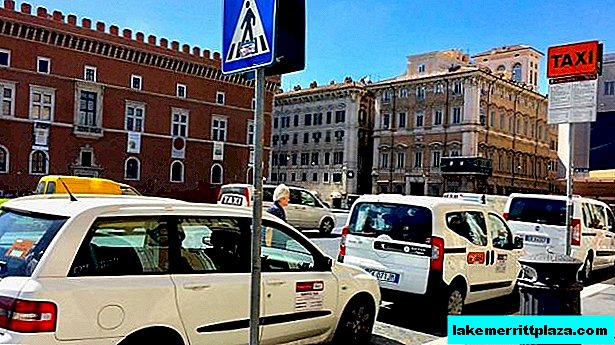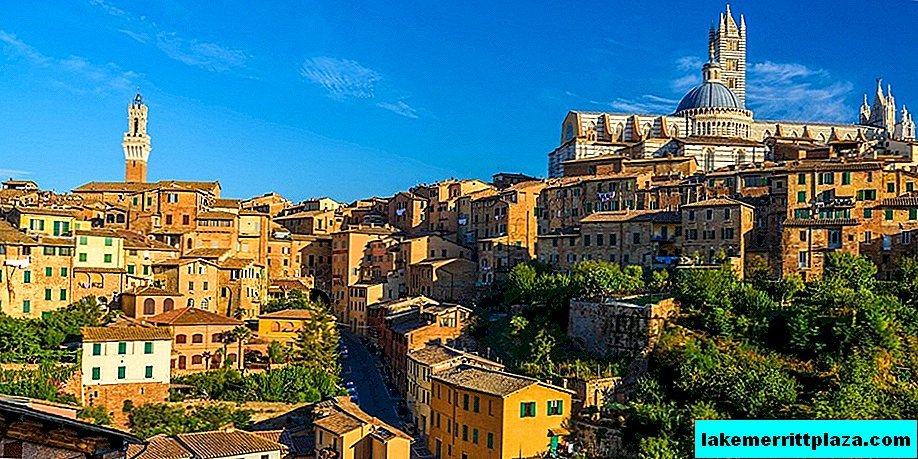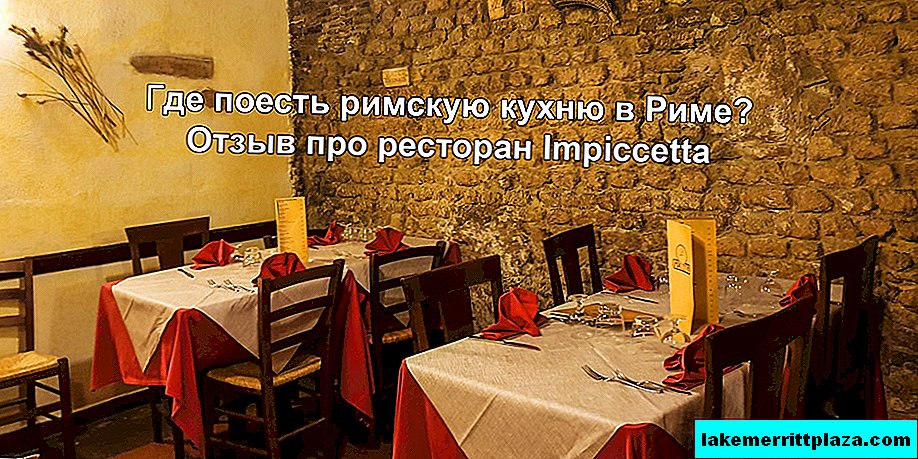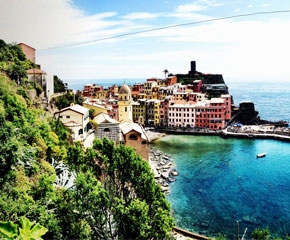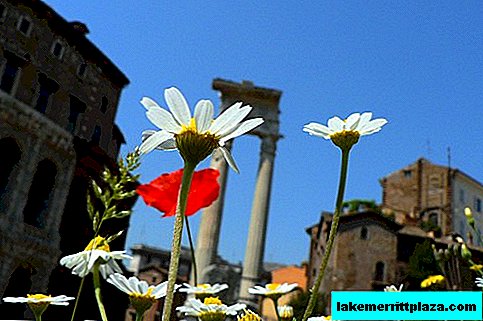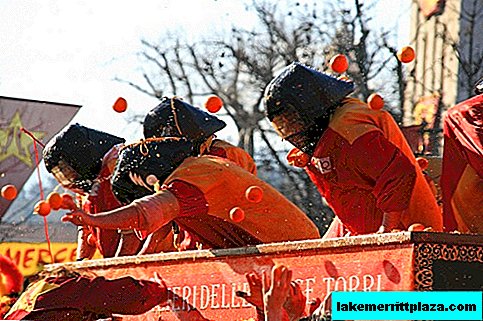The Museum of Ancient Ships (Museo delle antiche navi di Pisa) opened in Pisa in November 2016 near the San Rossore Station. The museum, or rather the 2 halls that are currently open, are located in the ensemble of buildings of the Medici Arsenal, which at first served for the parking and repair of ships, and from the 18th century it played the role of royal and military stables.

Where did the ships come from
In 1998, during the repair of the San Rossore station, the remains of 30 ancient Roman ships were discovered. Scientists initially believed that the ship’s location was a port, but later came to the conclusion that the ships sank as a result of a series of floods that occurred in this area from the 2nd century BC. e. until the 7th century AD e. Some of the exhibits belonged to the period from Hellenism to the early Middle Ages, but there are ships of the VIII century BC. e. Of the 30 ships found, 13 were preserved almost perfectly, due to the lack of oxygen and groundwater. Ropes, fishing tackle, tools, remains of clay and glass amphoras and vases, jewelry, personal belongings of sailors were found in cargo and river vessels. In everyday life, exhibits are called "Roman ships", but in fact the ships belonged to different regions: Gaul, Campania, Adriatic.
Actual information
Halls IV and V are now open for visitors, with 4 ships on display. In the IV hall there is the first ship found 19 meters long, dated to the II century BC. e. and reconstruction of the postal boat "Alkedo" since Augustus. In Hall V there is a small river boat in the form of a canoe and a boat with a flat bottom of the 4th-5th centuries. For this hall, the reconstruction of a river ship for transporting sand 13 meters long and 4 meters wide is currently underway.
The museum is associated with the "Archaeological Center for the Restoration of Wet Wood", where on an area of 10,650 square meters. m., in 1700 laboratories undergoing restoration of the found ships.
This center is a unique educational institution and one of a kind European laboratory.
The museum will be expanded, it is planned to open 70 sections in 7 pavilions for expositions on the ancient history of Pisa.
- Museum Address: Via Ranuccio Bianchi Bandinelli, Pisa.
- Ticket price: adult - 6 euros, children under 6 years old - free of charge.
You can visit the museum by appointment by calling 055-5520407, 055-3215446 (booking Mon-Fri, 09: 00-13: 00), 055-512-19-19 or e-mail [email protected]. Book your tickets preferably at least a week in advance. - Operation mode: Fri, Sat, Sun., 10:00 a.m. - 11:00 a.m., 2:30 p.m. - 4:00 p.m.
- Official site: www.navipisa.it, Facebook page.


